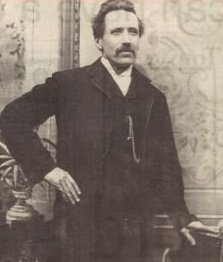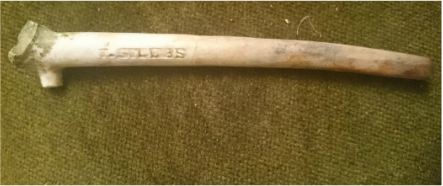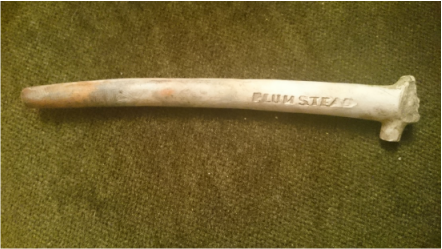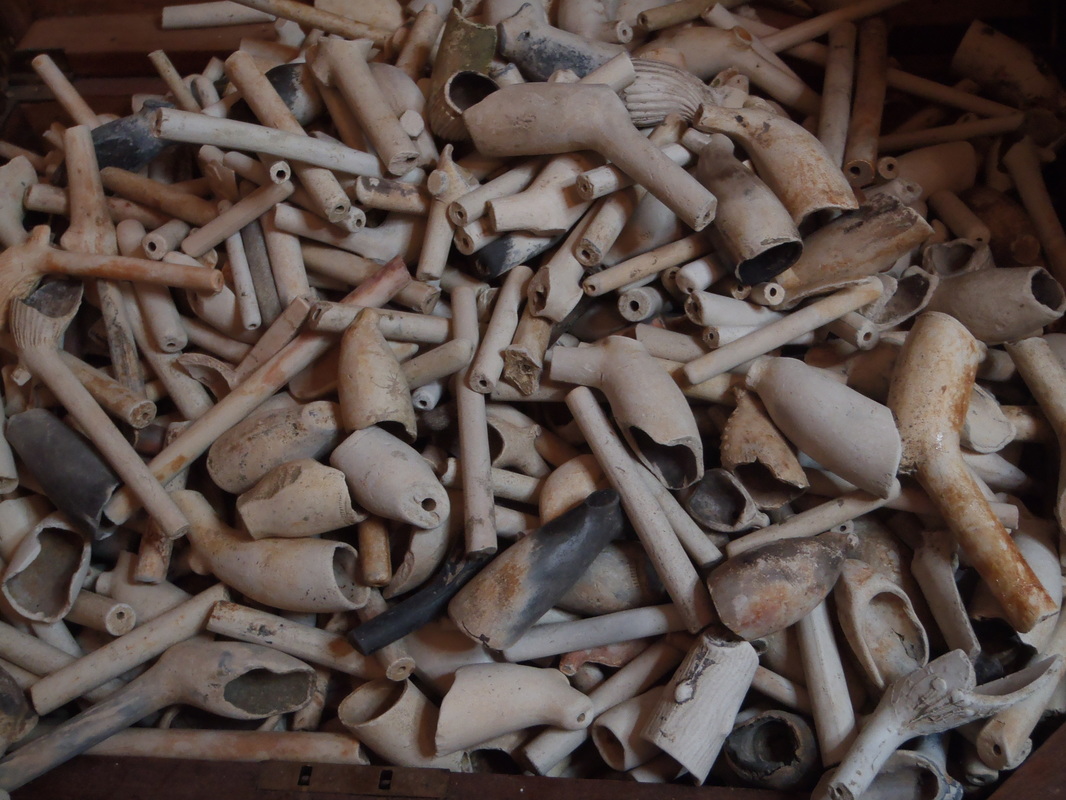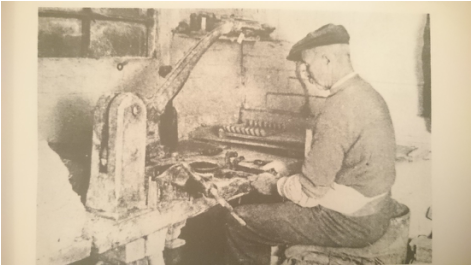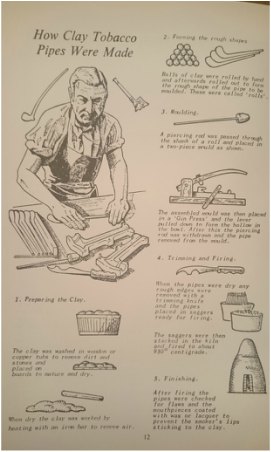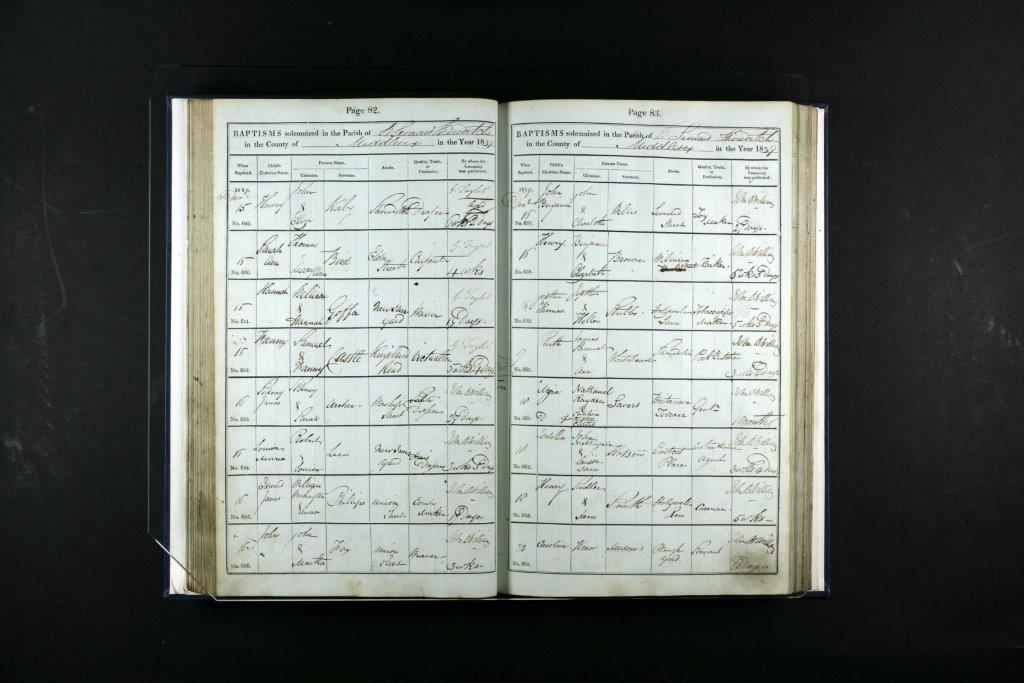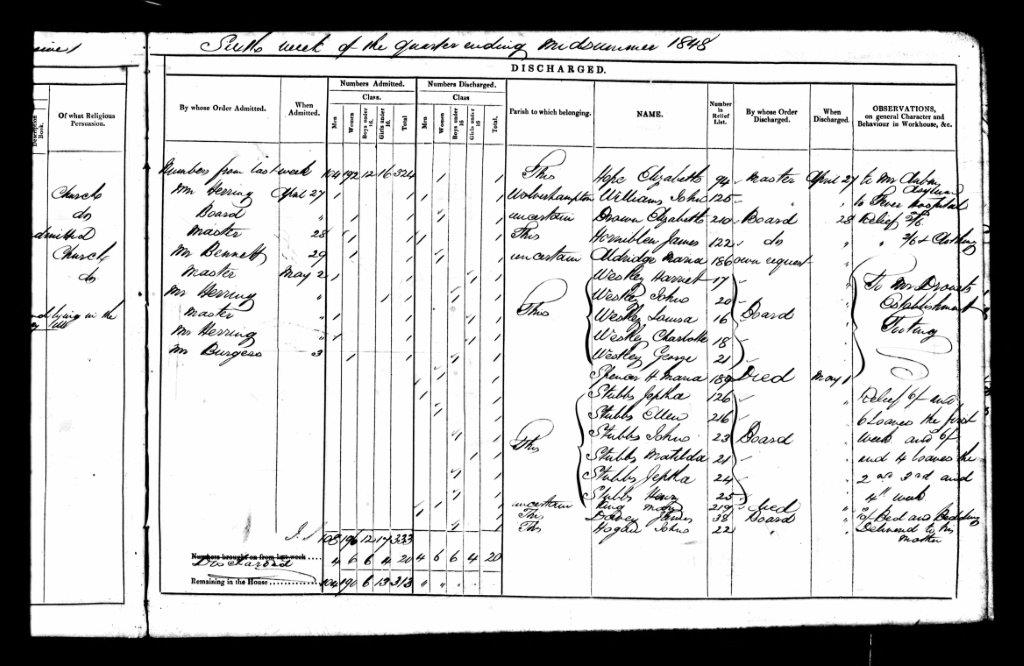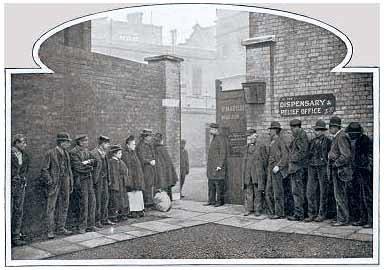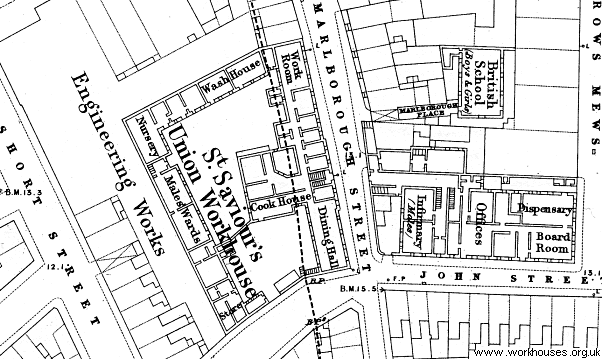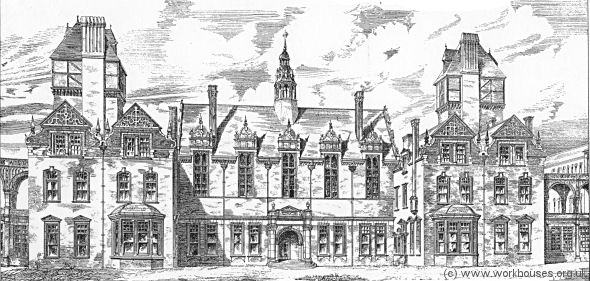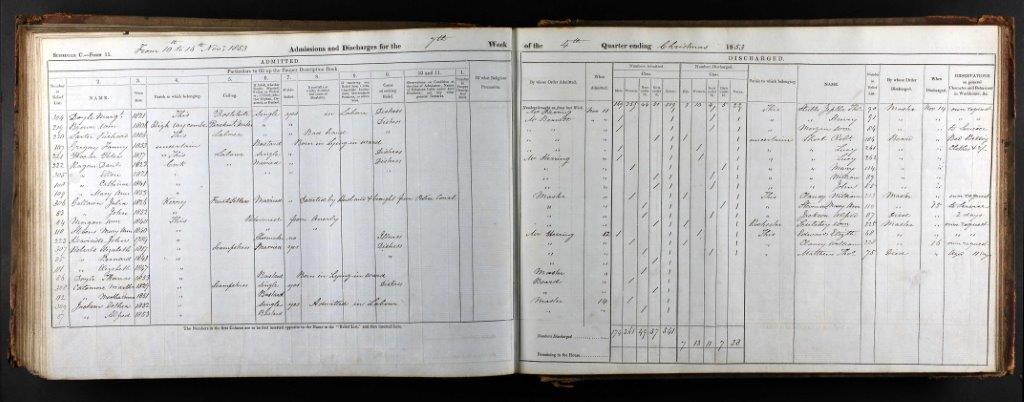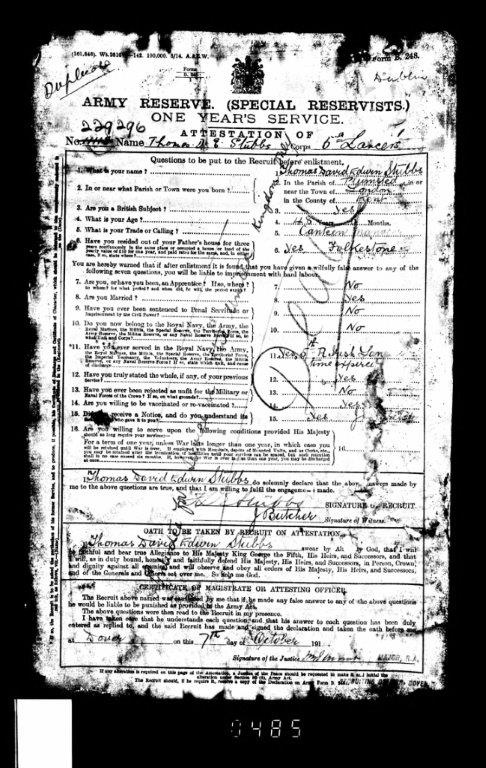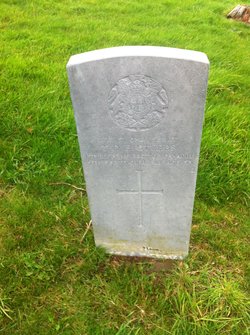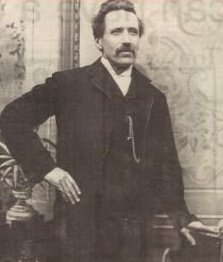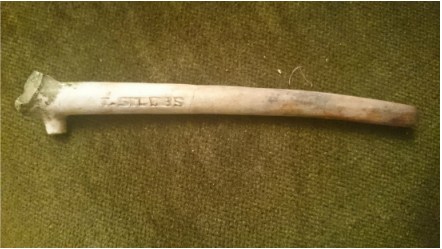With the amazing wealth of information at our fingertips these days, I was then able to find out through the ancestry research website, that Thomas Jeptha Stubbs married Elizabeth Farlie of Tilbury and went on to have 9 children with her. They married in 1861 in Greenwich when they were both in their very early twenties. At least three of their children also went on to become pipe makers. Princes Road, where they lived, is no longer in existence, but it seems that quite a few members of the Stubbs family lived there, including Thomas’s brother Henry Stubbs and also his mother Ellen, who had been widowed twice by 1881.
- a place to live
- a place to work and earn money
- free medical care,
- food
- clothes
- free education for children
The workhouse was not, however, a prison. People could, in principle, leave whenever they wished, for example when work became available locally. Some people, known as the "ins and outs", entered and left quite frequently, treating the workhouse almost like a guest-house, albeit one with the most basic of facilities. For some, however, their stay in the workhouse would be for the rest of their lives.
1st Battalion). He died on 5th September 1918 and he is buried in Curragh military cemetery in Ireland. The picture of the grave below is that of Thomas David Edwin Stubbs 11118 Squadron Quartermaster Sergeant, The Reserve Cavalry Regiment. 1st Battalion. (Transferred to 229296 The Labour Corps. Son of Thomas Jeptha Stubbs. Husband of Mabel Stubbs, of Folkestone).
Thomas Jeptha Stubbs himself, died in 1912, well before the first world war in fact, in Lewisham, at the age of 72.
“Thomas Jeptha Stubbs, manufactured and delivered clay pipes to public houses in the East and South East London by horse and cart. Today pipes have been replaced by snack foods & vehicles are no longer horse drawn”
Even though it was initially Thomas Jeptha Stubbs and his Plumstead pipe making business that intrigued me, through sheer virtue of finding one of his pipe stems that he himself (or one of his children) would have stamped, I have to admit, that by the end of my research, my thoughts were especially with Thomas's father, Jeptha Stubbs who last saw his sons Thomas and Henry when they were teenagers, and who died unaware that they were to go on to have large families and successful businesses, right up to the present day.
I am so glad that I found this name stamped on a clay pipe stem during one of my Woolwich mudlarking trips. It is another of the stories that the River Thames throws out with the tide - and it goes to show that your story, and your name lives on long after you are gone.
Here's a special shout out to Jeptha Stubbs, who looked after his family in the best possible way that he could, and must have done a good job, as it seems they did pretty well - God rest his soul - I have no doubt that he would be exceptionally proud of them all.
Credits for this post go to the following :
Mr B. Stubbs - Tavern Snacks
Ancestry.co.uk
Eric G Ayto - Clay Tobacco Pipes
www.workhouses.org.uk
Warren - Tavern Snacks
** If you have enjoyed reading this, you may also enjoy reading about Frederick Jury, a World War One soldier, whose luggage tag I found in the Thames mud, in August 2015. http://www.tidelineart.com/tideline-art-blog/a-river-thames-mudlarking-find-brings-to-life-world-war-one-soldier-frederick-jury-1873-1932
